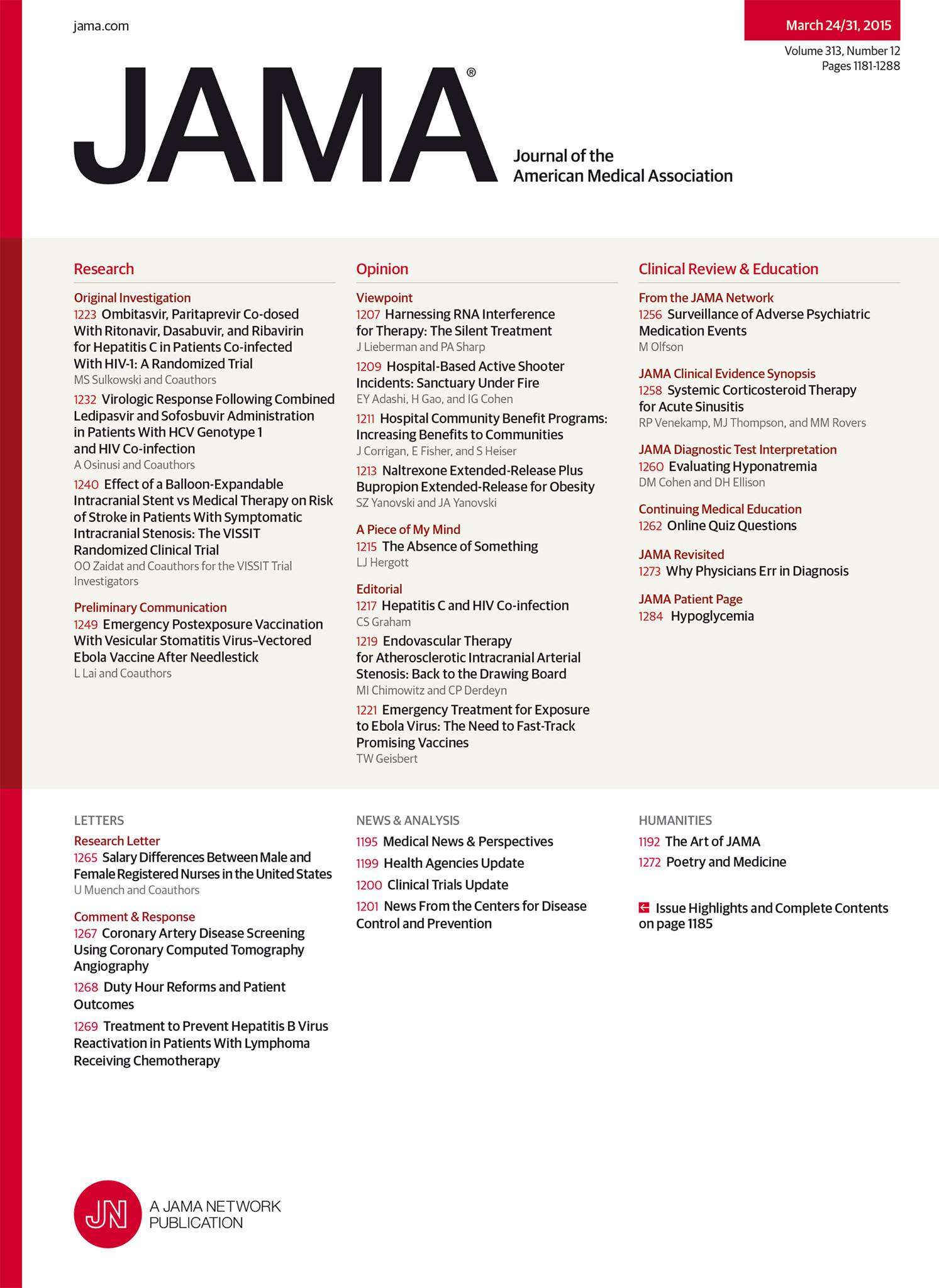
Mindfulness-based stress reduction improves pain/function vs. usual care for low back pain

Mindfulness-based stress reduction improves pain/function vs. usual care for low back pain
Effect of Mindfulness-Based Stress Reduction vs Cognitive Behavioral Therapy or Usual Care on Back Pain and Functional Limitations in Adults With Chronic Low Back Pain: A Randomized Clinical Trial
JAMA. 2016 Mar 22-29;315(12):1240-9.Did you know you're eligible to earn 0.5 CME credits for reading this report? Click Here
Synopsis
342 patients with chronic, nonspecific low back pain were randomized to one of three study arms for the purpose of evaluating improvement in back pain-related functional limitations, back pain, and back pain bothersomeness after 8 weeks of conservative therapy: (1) mindfulness-based stress reduction (MBSR), (2) cognitive behavioural therapy (CBT), and (3) usual care. The results demonstrated that ...
To view the full content, login to your account,
or start your 30-day FREE Trial today.
FREE TRIAL
LOGIN
Forgot Password?
Explore some of our unlocked ACE Reports below!

Learn about our AI Driven
High Impact Search Feature
Our AI driven High Impact metric calculates the impact an article will have by considering both the publishing journal and the content of the article itself. Built using the latest advances in natural language processing, OE High Impact predicts an article’s future number of citations better than impact factor alone.
Continue



 LOGIN
LOGIN

Join the Conversation
Please Login or Join to leave comments.